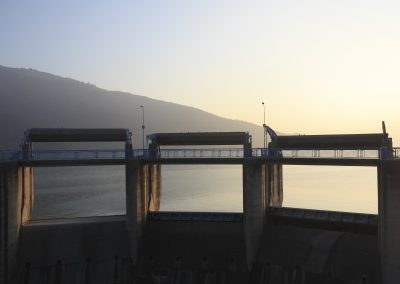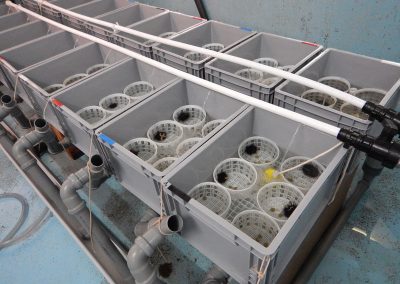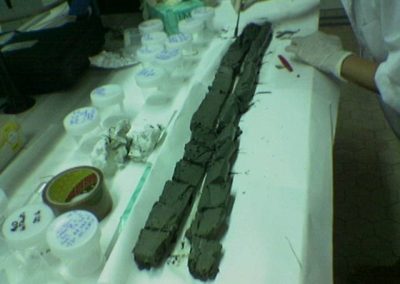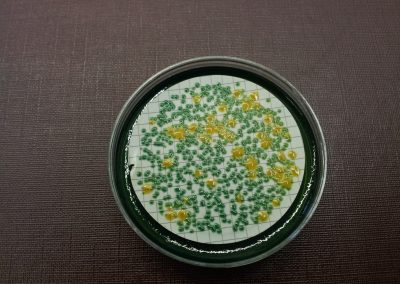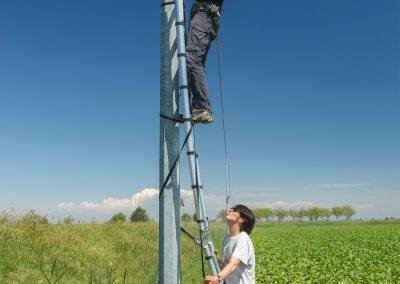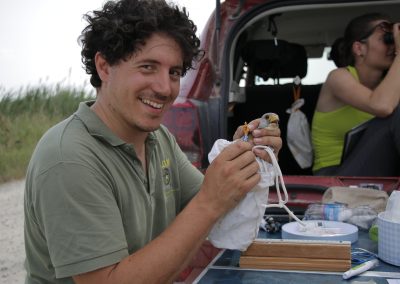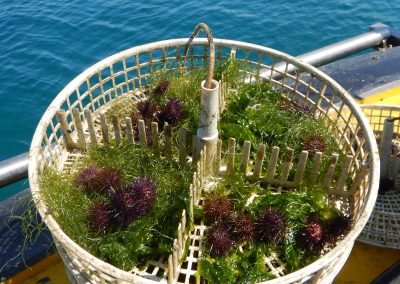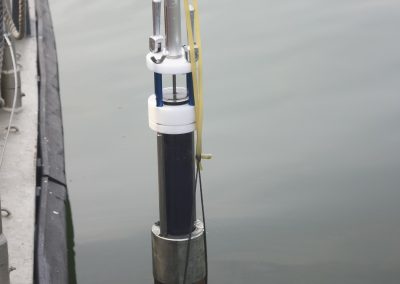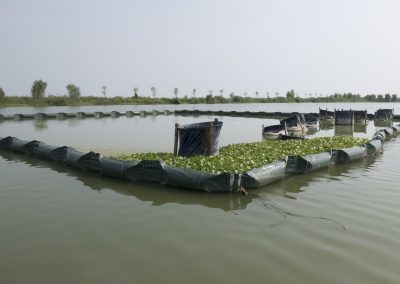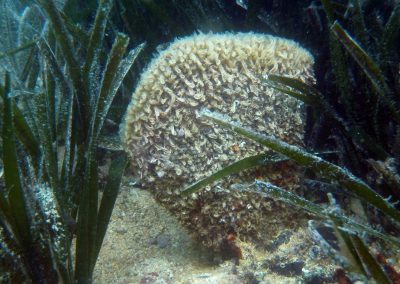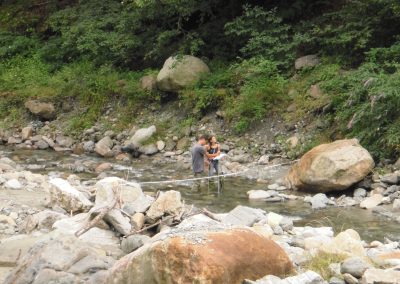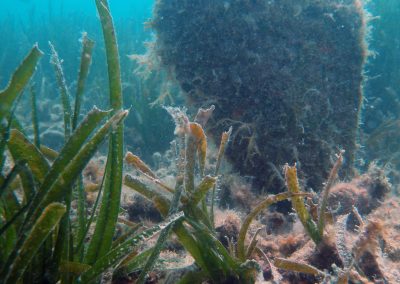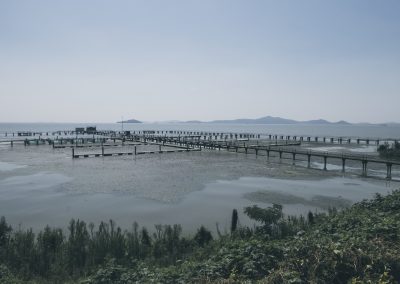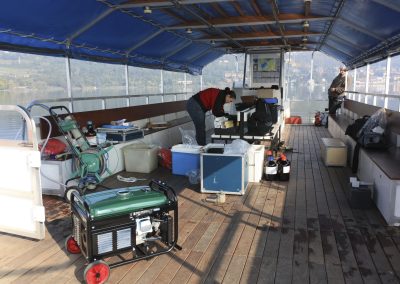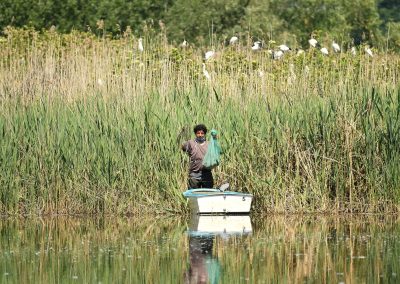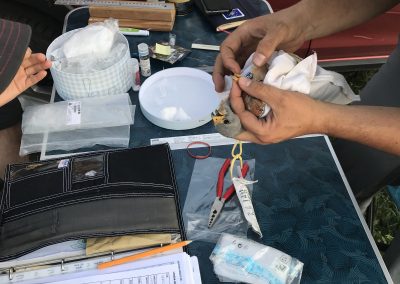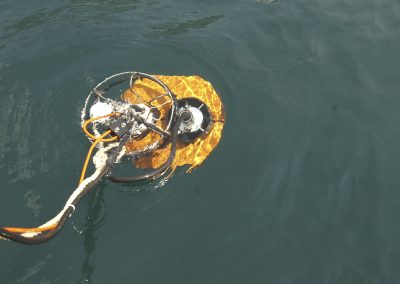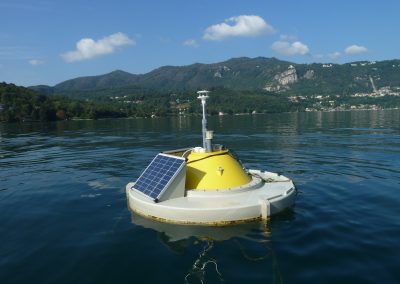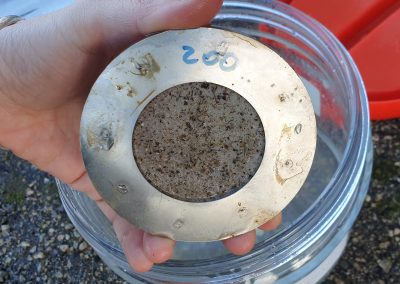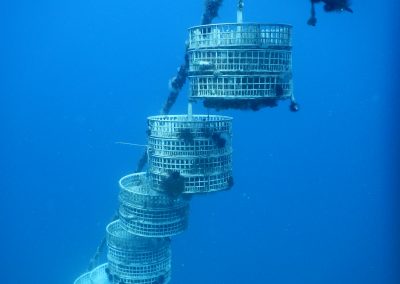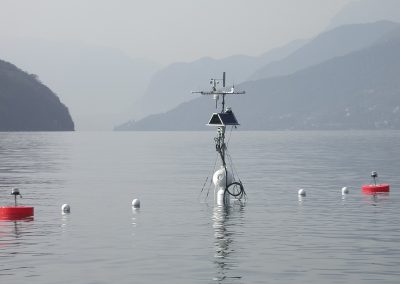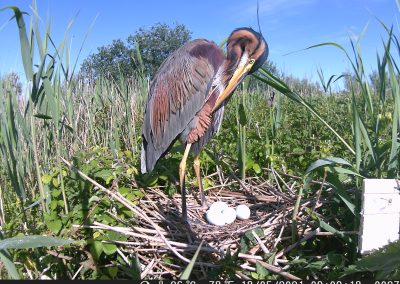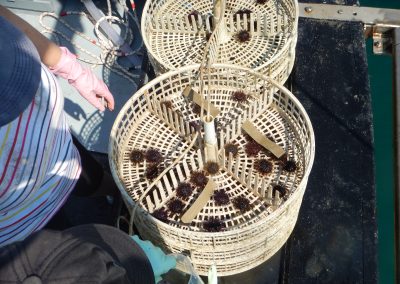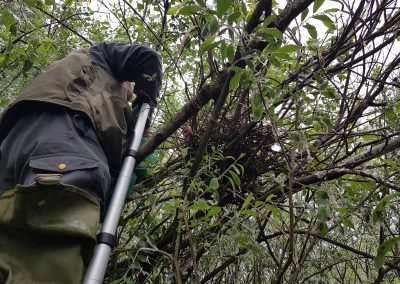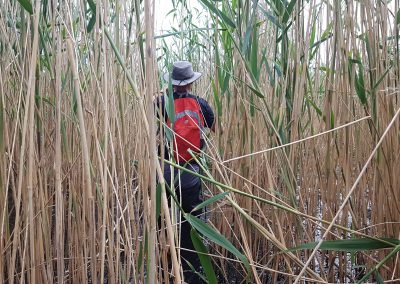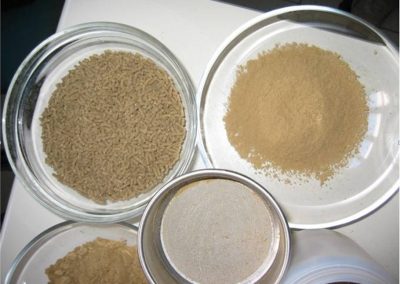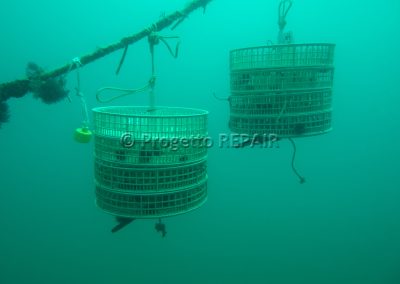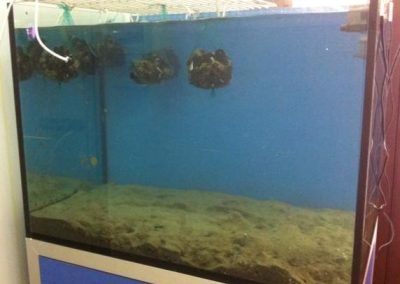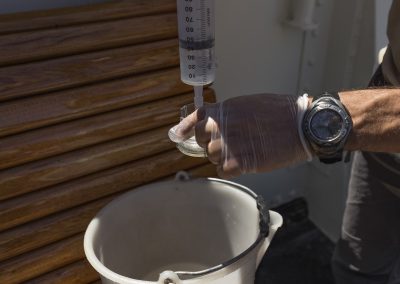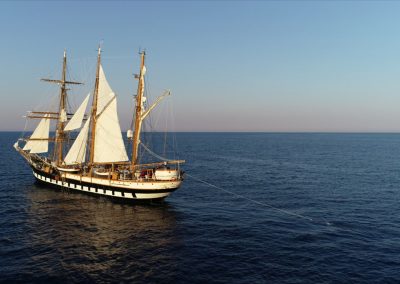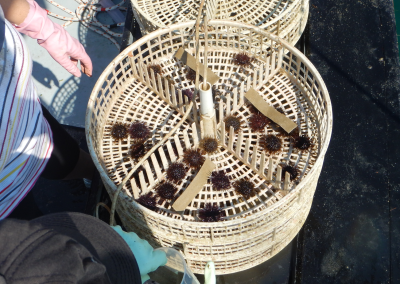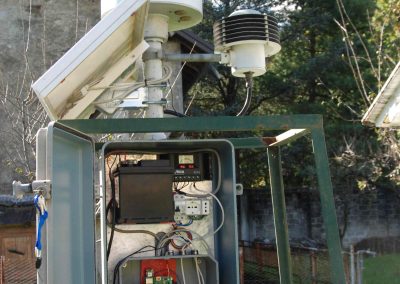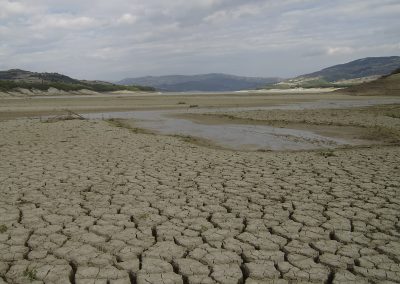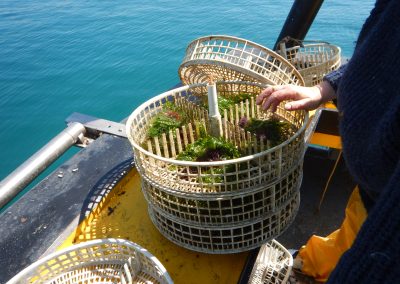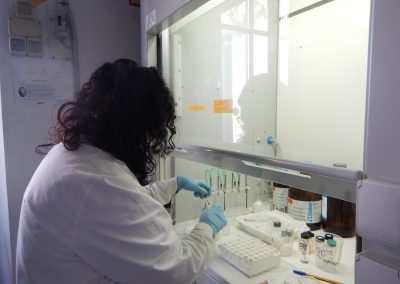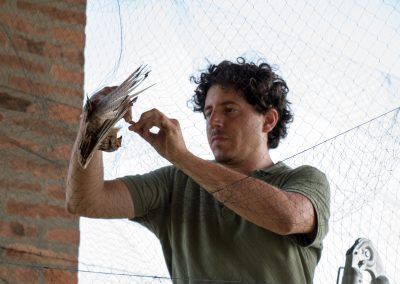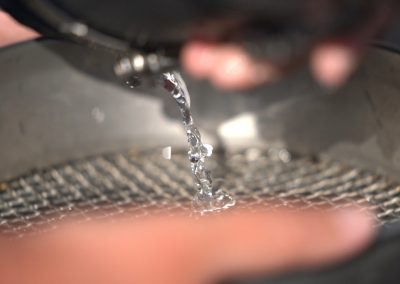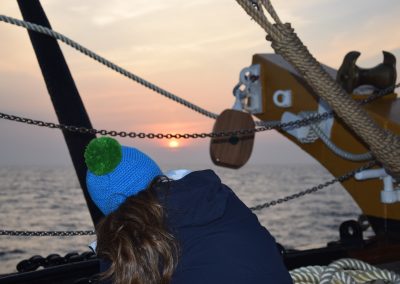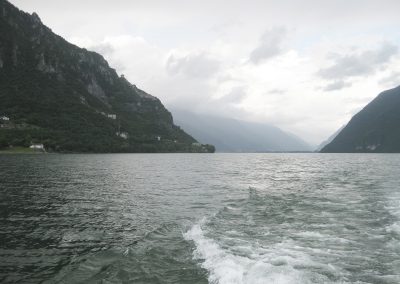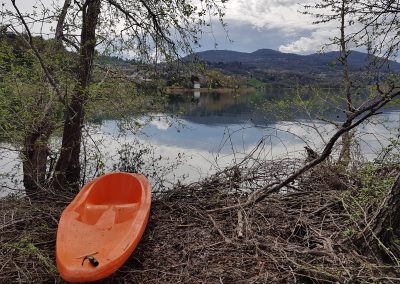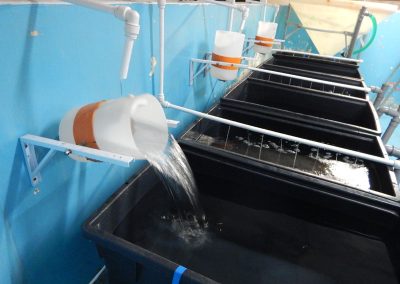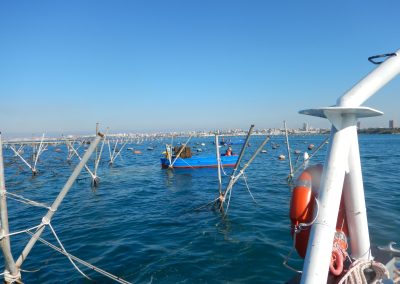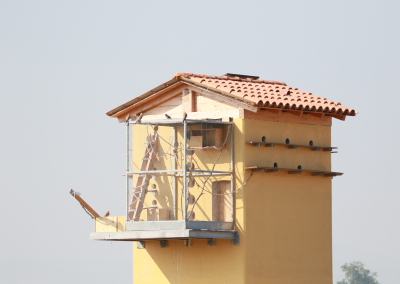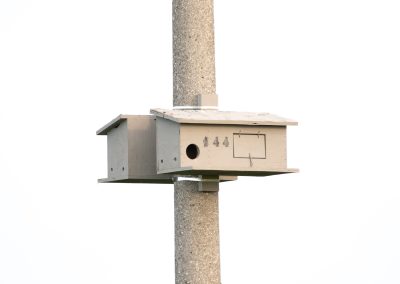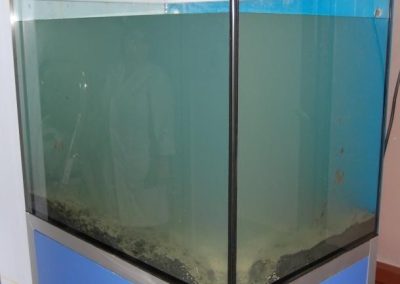Water resources management
Description
Sustainable Water Resources Management is a process promoting the responsible use of water as a resource, as well as the conservation of the water related ecosystems, aiming at fostering and sustaining the social and economic well-being without compromising over time the ecosystems depending on the water cycle. The SWRM concerns inland and marine-coastal water pursuing the following goals:
- to promote a trans-disciplinary and multi-sectorial approach to the resource management, integrating scientific, technological, socio-economic, environmental and health aspects;
- to plan the sustainable land use and water resources exploitation based on community’s needs, national development strategies and expected scenarios of climate change;
- to develop, evaluate and implement sustainable projects and programs from both a social and economic perspective, based on a wide public participation;
- to identify, implement and strengthen social, institutional, regulatory and financial mechanisms fostering water policies focused on social progress and economic growth.
Scientific and technological contents
IRSA in this thematic area deals with the following technological-scientific contents:
- Development of theoretical and applied knowledge in the fields of cryosphere, surface, marine-coastal and groundwater hydrology aiming at assessing water resources availability, fate of pollutant and diffusion of pathogens;
- Development of conceptual, numerical and mathematical models aimed at the assessment of water availability, anthropic impact, pollutants concentrations and to evaluate the water balance between water availability and needs, also in relation to climate change;
- Provision of technical tools and management approaches for land use planning at the river basin level and for the implementation of the WFD;
- Identification of technologies, drawing up lists of management and organizational measures appropriate to the Mediterranean environment aimed at reducing water consumption, especially in agriculture, and diffuse pollution, at the re-naturalisation of water bodies, at the improvement of soil water retention;
- Development of integrated and interoperable systems for continuous monitoring of water resources also using data from remote platforms;
- Integration of soft-data within traditional monitoring systems through the use of participatory methods and collective decision making methodologies;
- Methods for processing, estimating and reducing uncertainty associated with environmental data;
- Identification of the best strategies for the implementation of “water diplomacy” actions in sensitive areas of the planet.


